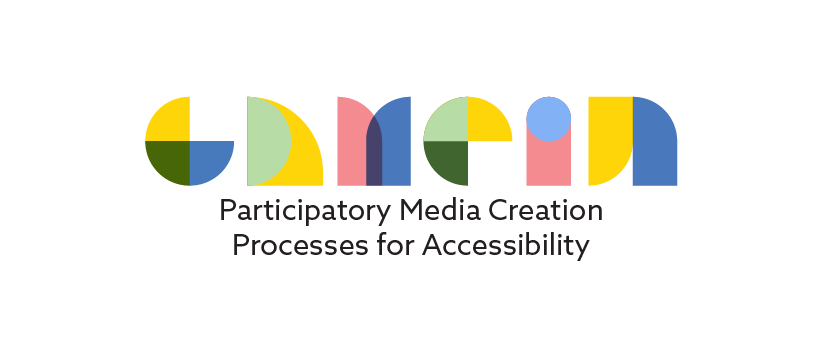Minding the Gap: Bulding Bridges Through Intergenerational Media and Informational Literacy
Ana F. Oliveira – Lusófona University, CICANT, Portugal [ORCID: https://orcid.org/0000-0003-3655-9984]
Abstract
This chapter delves into the relevance and richness of intergenerational media education, shedding light on its role in bridging generational divides and fostering a conscientious use of digital devices and technologies. Drawing from previous research experience, we reflect upon the pivotal factors of access, knowledge, competencies, connections, interests, and motivations in moulding the landscape of media and information literacy (MIL). Taking these conditions into account and exploring the impact of each one in digital media usage and literacy’s generational gaps can point a picture of how to promote intergenerationality and collectively and collaboratively develop MIL competences. Ultimately, this reflective analysis underscores the urgency of understanding these aspects for the effective implementation of intergenerational media education, charting a course towards an all-encompassing, well-informed, and harmonious digital landscape.
Keywords: Intergenerational Media Education; Generational Divides; Digital Media; Media and Information Literacy; Digital Landscape.
Cite as: Oliveira, A. F. (2023). Minding the Gap: Building Bridges through Intergenerational Media and Information Literacy. In C. Sousa, & A.H. Tkaczyk (Eds.), Media Literacy and Assistive Technologies for Empowerment in Autism (pp. 64-71). Edições Universitárias Lusófonas.
https://www.doi.org/10.24140/asdigital.v1.p01.07

